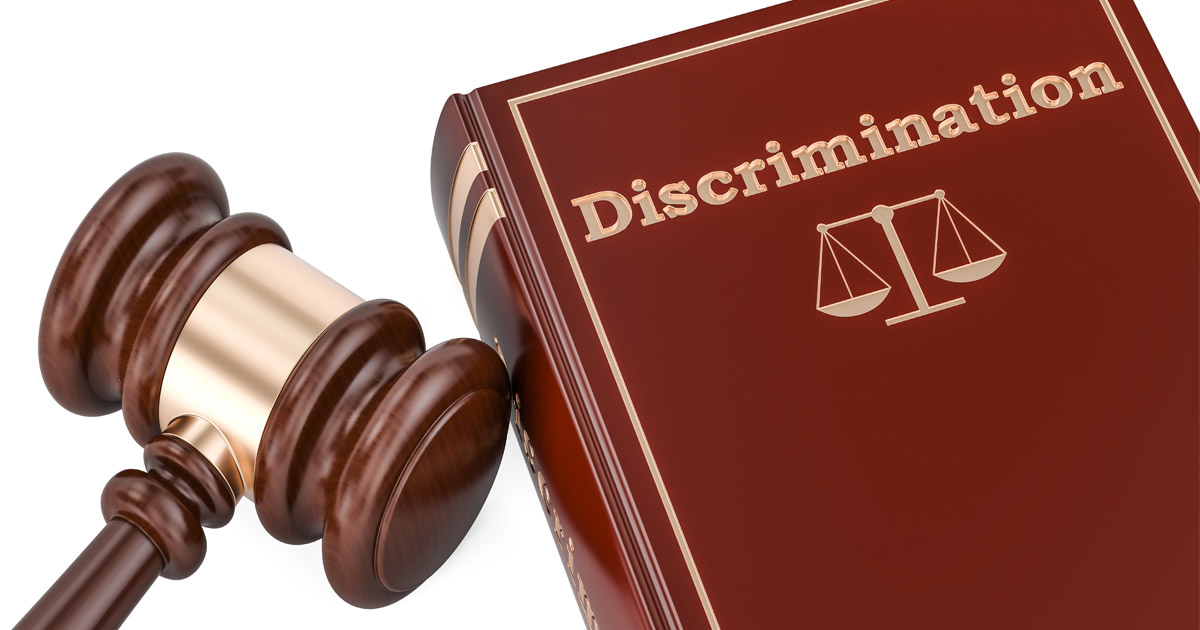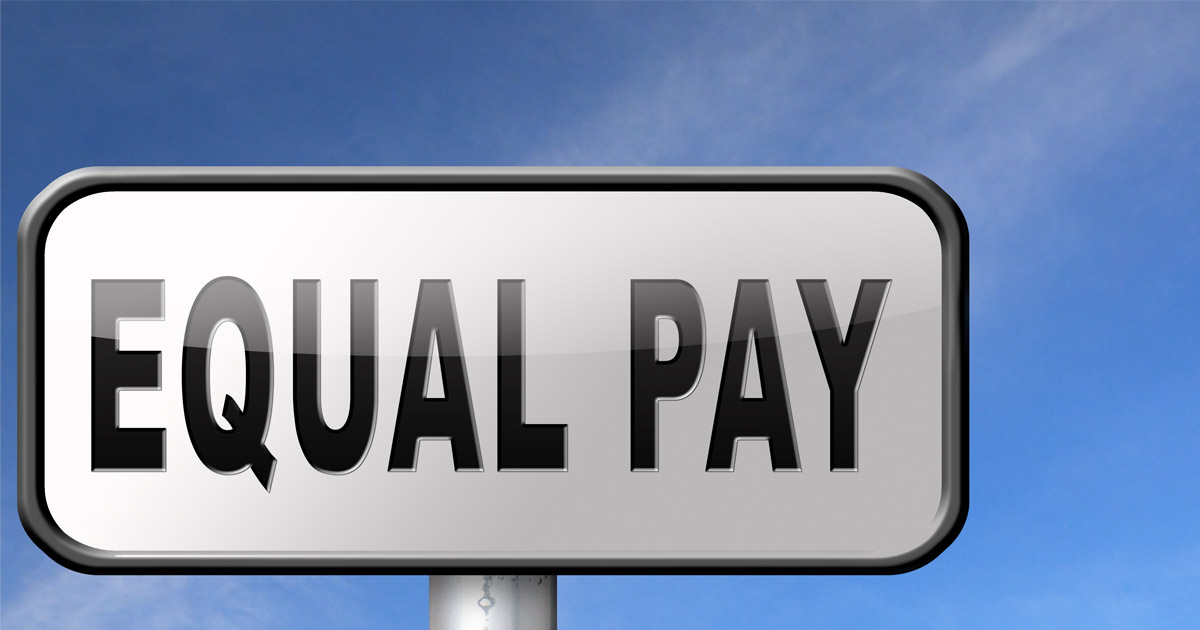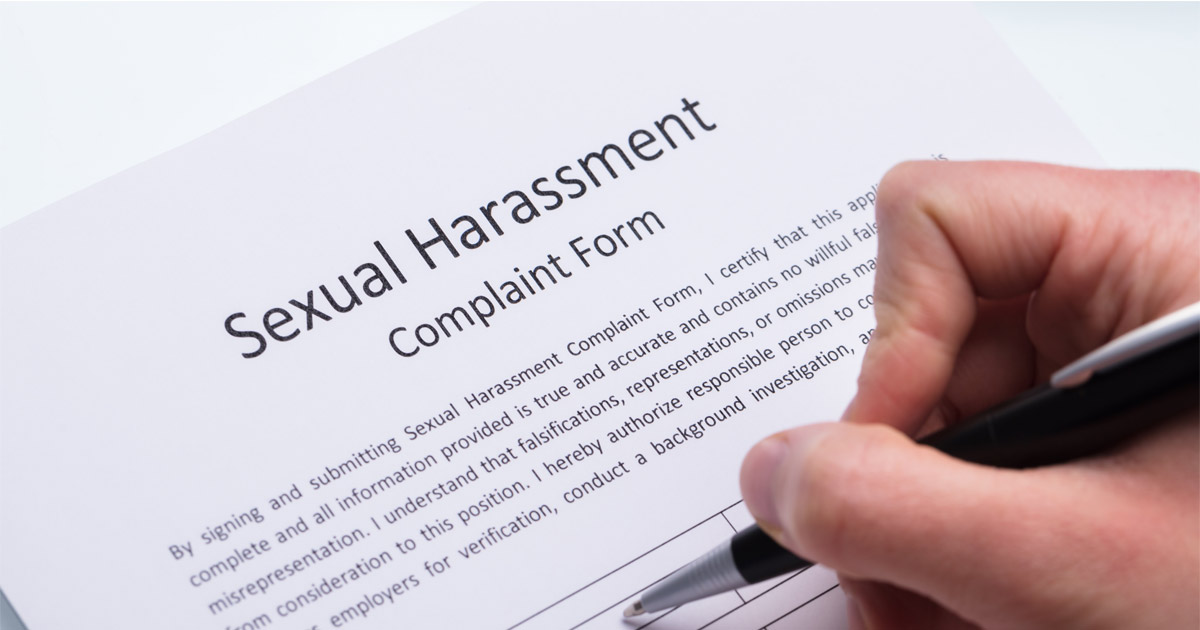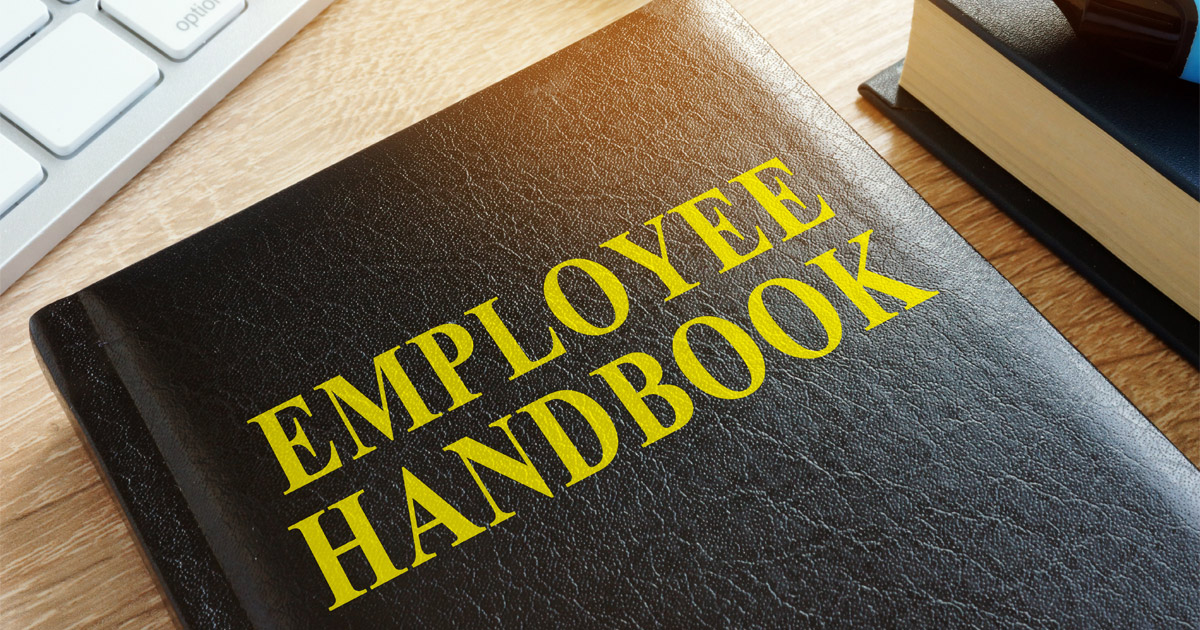How Do Employers Defend Discrimination Claims?

There are federal and state laws in place that protect employees from discrimination and harassment. Companies who face discrimination suits can defend against the claims if they have taken all the reasonable steps needed to prevent employees from committing acts of discrimination or harassment. However, a plaintiff in a recent court case, Allay (UK) Ltd v Gehlen, challenged an employer using that defense and succeeded. Of course, this ruling is not precedential here in the US, but it has value to highlight how courts may be starting to alter their views on workplace discrimination.
In the United Kingdom, an employee who was fired for poor performance informed their employer that they experienced workplace harassment. The employer initiated an investigation and determined that a colleague had made racist remarks. The discrimination claim was investigated further, and the tribunal learned that two managers knew about the comments but did not take action.
It was found that the managers and employees had been provided with discrimination training, but the training program was outdated. Since the employer had failed to update their training, the Employment Appeal Tribunal decided that the company did not take all of the reasonable steps that could have prevented the harassment. The employer’s appeal was therefore dismissed.
When are Employers Liable for Workplace Harassment?
Under the Equality Act 2010, an employer has accountability for other people’s actions in workplaces, which is called vicarious liability. Section 109 of the Equality Act specifies that anything that an employee does in their course of their employment must be looked at as also done by the employer. Even when the employer is unaware of the discrimination, they can still be held liable. This also extends to other people that the employer brings in, such as consultants, company-sponsored events, and unwelcome posts on work-related social media platforms.
Can My Employer Defend Against My Discrimination Claim?
Even though employers can be held vicariously liable in workplace discrimination suits, they have the option of trying to show that they took reasonable steps to prevent the discrimination. Employers that have strong anti-discrimination procedures and policies that are kept in practice may be able to defend their interests. They may also need to show that staff members have been trained on preventing and addressing discrimination and that they take all discrimination allegations seriously.
How Do State Anti-Discrimination Laws Apply?
In Pennsylvania, employees are also protected by state and federal laws. The Pennsylvania Human Relations Act protects employees by making it illegal for employers to discriminate based on:
- Race
- Religion
- Sex
- Color
- National origin
- Age
There are other protected categories as well. Workplace discrimination claims can be filed through the Equal Employment Opportunity Commission (EEOC), which is a federal agency, or the Pennsylvania Human Relations Commission (PHRC), the state administrative agency. These two cooperate with claim processing, so it is not necessary to file with both; you can also dual-file with both. Deciding which agency is best to file the initial claim is something an attorney can help with.
To conform with the laws, the claims must be filed within 180 days after the alleged discrimination took place. There may be exceptions to that deadline, so it is important to understand the facts before filing. A qualified employment lawyer can help with the claim filing process, as well as any challenges that the employer might make.
Philadelphia Employment Lawyers at Sidkoff, Pincus & Green P.C. Work Tirelessly to Protect Employees Against Workplace Discrimination
If you believe you were harassed or discriminated against at work, you may have a legal claim. A Philadelphia employment lawyer at Sidkoff, Pincus & Green P.C. can help you with your discrimination or harassment case. Complete our online form or call us at 215-574-0600 for an initial consultation. Located in Philadelphia, we serve clients throughout Pennsylvania and New Jersey.






















